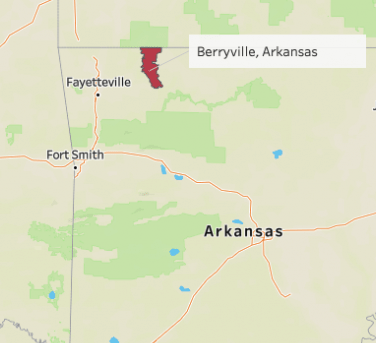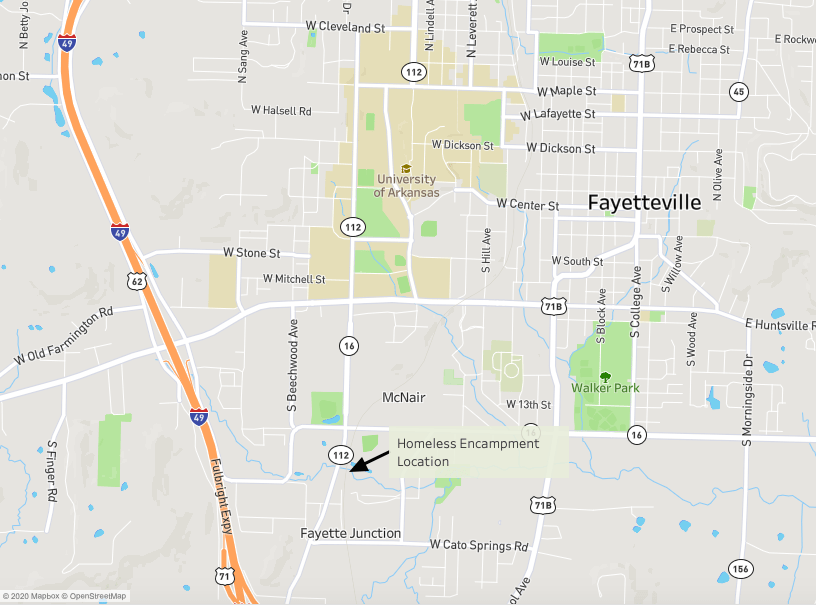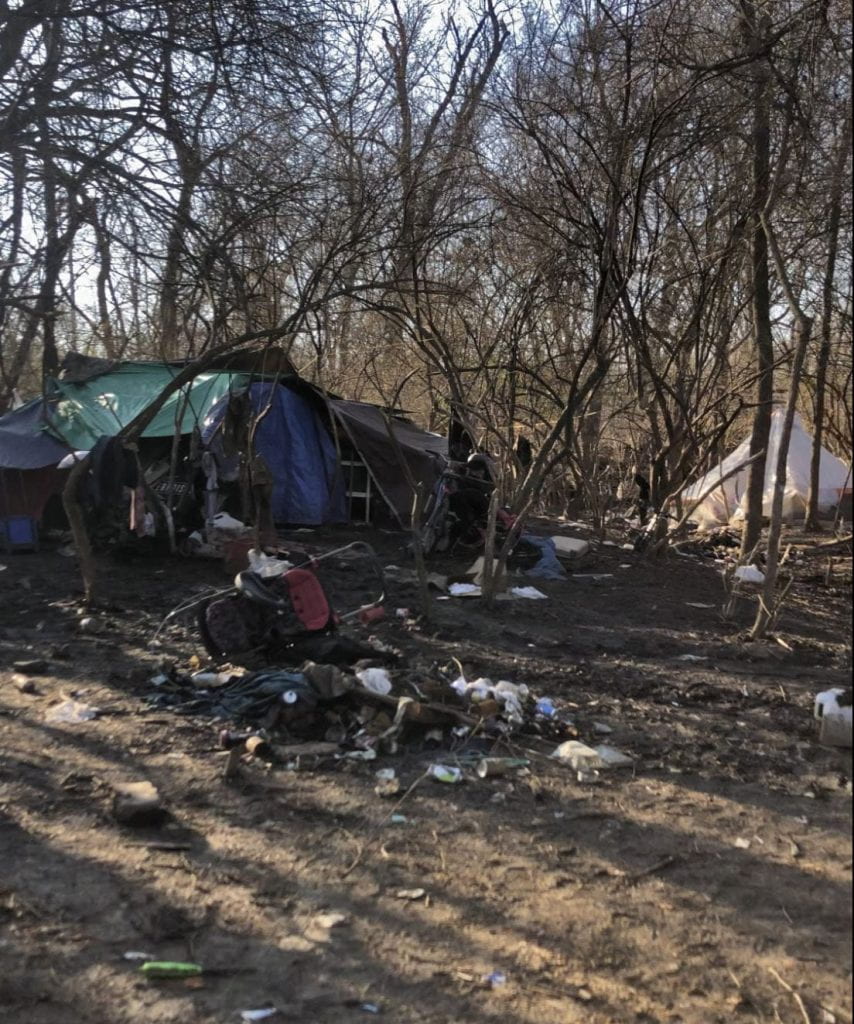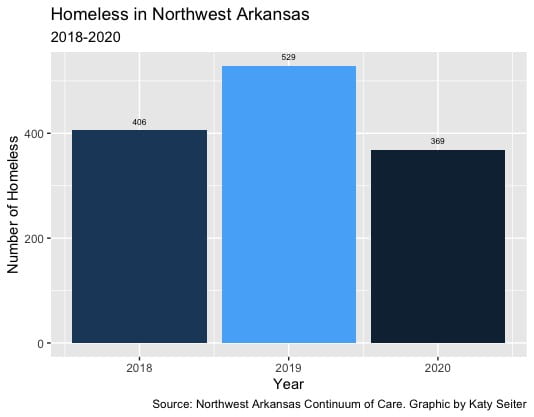Rural District Struggles with 14% Student Homeless Rate
By Katy Seiter
The Razorback Reporter
Berryville, Ark. – In the rural Berryville School District on the Missouri-Arkansas border, the struggles with poverty are real, leaving some 14% of the district’s children homeless.
“Many children are coming in unprepared because they haven’t had a good night’s sleep, they don’t have adequate clothes, they have not been fed nutritional meals on a regular basis and, many times, health care needs haven’t been met,” Lisa Geren, principal at Berryville Intermediate School. “All of this impacts the education they receive.”

The intermediate school, grades 3-5, has 83 homeless students, roughly 17% of enrollment, the most of all schools in the Berryville District. Federal regulations define homelessness as students staying in shelters or hotels, doubled-up with other families, living unsheltered or unaccompanied youth. The majority of Berryville students fell under the doubled-up category.
Mike Sharp has served in the Transportation Department of the Berryville School District for 20 years. As a bus driver, he has seen the doubling-up firsthand.
“There was one time, I dropped a special-needs student off at his apartment, and when I saw through the front door, I was shocked at how many people were staying in there,” Sharp said.
“I couldn’t tell you exactly how many people, or even how many bedrooms the apartment was, but it was crowded, there was a mattress on the floor. I wondered if he even had a bed to sleep on.”

With Berryville being a high poverty community, the school district has seen several families rely on doubling-up, which can lead to transient families. Some families are unable to pay when rent is due, so they leave in the middle of the night to stay at another location, sometimes out of state, and oftentimes with no warning.
“They come back when they have a little more money, but the bottom line is, it’s just a cycle. Nationally, we see this continue over and over, and becoming generational, which is the scary part of it,” Geren said.
Apryl Harmon, homeless liaison for Berryville School Districts, agreed that struggling families live together as a consequence of the high poverty in Berryville. “For many families, doubling up is the only way to get by,” Harmon said.
The broader Berryville School District was ranked fifth among 264 school districts for the most homeless students in the state of Arkansas, according to an analysis of data by the state Department of Education. According to the 2020 “point in time” census administered by Berryville School District, approximately 268 children, or 14% of their total student enrollment are homeless.
“I think a lot of it is because the support networks are not in place in our community. Like many communities in the nation, we do not have enough mental health facilities. We need a therapeutic day program, or even a residential program to help the needs of these families. Those needs are growing greater and greater every year,” Geren said.
The Berryville School District does its best to help meet the needs of these children. It is working in conjunction with a social assistance program called Bright Futures, a non-profit organization serving eight states that will let families wash their clothes for free at the laundromat or provide free haircuts.
“Bright Futures is a big deal in our district. Just yesterday we used it to purchase a pair of shoes for a student,” Geren said. “He had literally duct-taped the soles of his tennis shoes together to stop them from flapping and falling more apart.”

Before school each year, Bright Futures sets up a big event in the Bobcat Arena, a local basketball arena, so children can get school supplies, backpacks, shoes, haircuts, “anything they need,” Harmon said.
In 2019, 16% of Berryville students were enrolled in the special education program. Harmon and Geren believe there to be a correlation between the number of children in the special education program and the number of homeless children. When these homeless students fall behind academically, they are placed into the special education program.
“We feel strongly that until we can get a grip on those foundational pieces in a child’s life, the educational piece will not follow. We aren’t seeing a lot of those pieces fall into place like they should,” Geren said.
–Katy Seiter is a senior at the University of Arkansas





